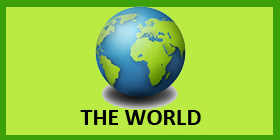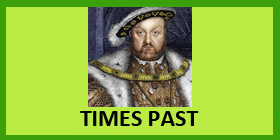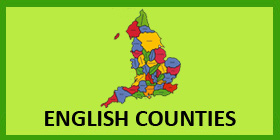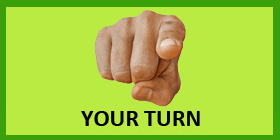




Back to the Around WWI calendar



As with so many gradual changes in history, it is very difficult to put actual dates in place. We have spoken in the past about the industrial revolution which happened over many years but we used a fixed date to write about it. The same is true about the decline and eventual end of the British Empire.
If you have been reading these timelines through in chronological, that roughly means time, order, you will know that from the time of the Tudors, British explorers had been sailing around the globe discovering new countries, islands or tribes. The word “discovering” is not entirely accurate because the people who lived in these places had been there for thousands of years. As an example, the aboriginal people in Australia had probably reached that country some 40,000 years ago.
The British “discoverers” would often claim these lands for Great Britain and then impose our way of life over the people; those that survived. The people who had originally lived in these lands were known as the indigenous people. They were the native people.
In some cases the British were quite brutal in their conquests and many natives were killed. Other deaths happened because these native people were not immune to diseases the new settlers brought. A simple cold could kill hundreds of natives who had never had these illnesses. The new British settlers would have their reasons for being there and in many cases it was simply to make money. We've talked about our country's role in the cruel slave trade and the way these slaves were used on plantations working long hours for little, if any, wages. But the native people were also used in this way.
The lands that the British took became colonies of Great Britain and were ruled and administered by our country. In many cases a governor would be appointed by the British government and he would be the powerful person in the colony. But, just like those Romans from long ago, the British found it very hard to administer all these colonies and by the end of the nineteenth century some were seeking more independence.

The next stage up from a colony was known as a Dominion. Canada first became a dominion in 1867. Australia followed in 1901, New Zealand and Newfoundland (at that time a separate country but later a province of Canada) in 1907, South Africa in 1910 and, after the events in our previous calendar date, the Irish Free State in 1922. These countries were recognised officially in 1926 as "autonomous communities within the British Empire". It meant that they now had their own governments although the British monarch was still the actual Head of State but with very little power.
By 1913 the British Empire ruled 412 million people, almost one quarter of the world's population and almost one quarter of the world's land area and all of these 412 million people were officially British subjects too.
Eventually more and more of the colonial countries became dominions and then headed on to be independent. In 1931 the British Commonwealth was formed and the original members were those six countries which had become dominions and, of course, the United Kingdom. The modern Commonwealth was formed in 1949. Since then countries have joined, some have left, some have left and rejoined and occasionally a country is suspended. At present (2021) there are 53 members. Three are in Europe, twelve in North America, one in South America, nineteen in Africa, seven in Asia and eleven in Oceania. This gives a really good picture of how large the British Empire was.
There is no doubt that the British Empire was the largest the world has ever known. There is no doubt that we should be proud of the explorers who sailed to unknown places and found these lands. There is no doubt that we should also realise the importance of the role of the Commonwealth today. However, the treatment that we dished out to many of the indigenous people of the lands we conquered, for that is what we did, was not something of which we should be so proud. In many cases it was very cruel.
To finish on a slightly lighter note it used to be said that the sun (light, see, clever) never set on the British Empire. In other words at some time of every day some country in the Empire would be in daylight. If the Commonwealth and our dependencies are a natural successor to the Empire then, thanks to the inhabitants of Pitcairn Island, this is still true.


